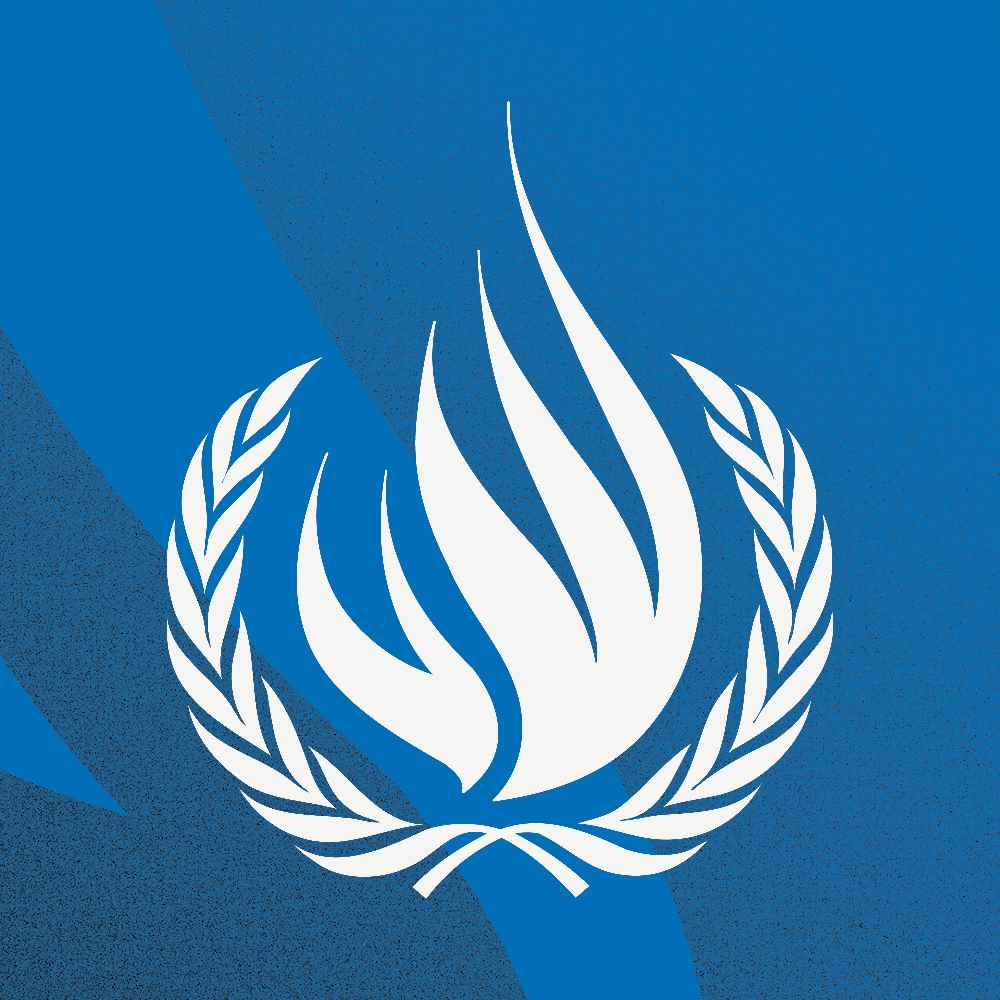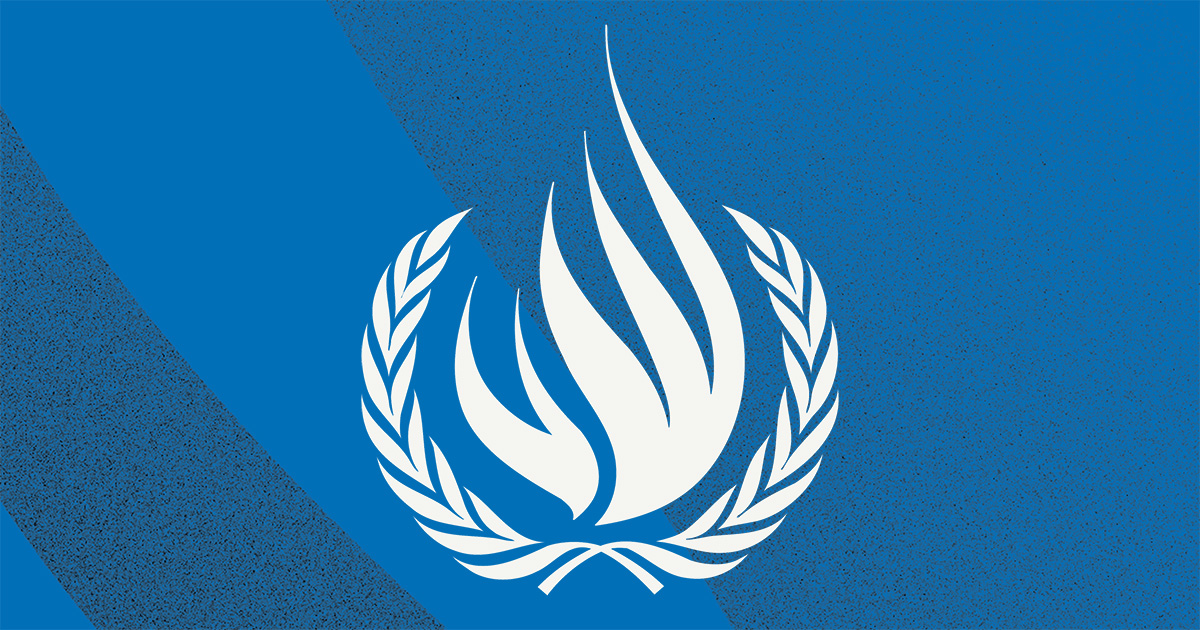
Medecins Sans Frontieres adviser Sahraoui called for the world’s most powerful nations to adopt “fact-based” migration policies
Hadj Sahraoui said Europe and the US must address the causes of displacement, instead of criminalizing migrants
LONDON: Vilification of migrants as criminals, rather than people needing protection, by politicians and the media is making them more vulnerable to abuse, said a frontline humanitarian worker.
Hassiba Hadj Sahraoui, a humanitarian affairs adviser with Medecins Sans Frontieres (MSF) who has rescued migrants from the Mediterranean Sea, instead called for the world’s most powerful nations to adopt “fact-based” migration policies.
“We have seen European countries shut down their borders, criminalize organizations like MSF, and close ports,” she said, describing how MSF had to remove its boats — which rescued thousands from the Mediterranean until 2016 — from the sea.
“We have lost every sense of decency ... It has become acceptable for people to die at sea.”
A key reason that deaths in the Mediterranean increased in 2018, according to the UN refugee agency (UNHCR), is because of reduced search and rescue capacity off the Libyan coast, with some 1,600 people dead or missing by the start of September.
Slavery
Hadj Sahraoui spoke on migration and slavery on the second day of the Trust Conference in London that started on Nov. 14 and has drawn more than 600 delegates from the worlds of activism, civil society, law, government and business.
Europe’s migration crisis peaked in 2015 with an influx of well over 1 million people. While annual arrivals have since tumbled, EU members have feuded over how to share the burden and support for anti-immigrant parties has surged.
MSF said it suspended migrant rescues in 2017 after the Libyan coast guard fired at one of its boats and because of pressure from Italy to sign a Code of Conduct requiring that Italian police officers be on its boats.
With no MSF boats on the sea, there are now no witnesses to the deaths, Hadj Sahraoui said.
“The Mediterranean Sea has never been as dangerous,” she told the Thomson Reuters Foundation ahead of the conference.
“There is a disconnect between the reality of what migration is and how it is presented in the media ... Vilification of asylum seekers and aid agencies is across the world.”
Hadj Sahraoui said that Europe’s moves in the direction of Australia’s hard-line immigration policy — where asylum seekers intercepted at sea are processed in detention centers in the Pacific — have strengthened trafficking networks.
“Criminal gangs are flourishing,” said Hadj Sahraoui, who has met young girls from Nigeria in European safe houses who were sold for sex when they thought they had been recruited as nannies and hairdressers.
“People are being tricked into undertaking the journeys, with offers of jobs in Libya or Europe and promise of education. They are incurring huge debts in the process and are under pressure to reach Europe.”
Transit centers
Germany’s Chancellor Angela Merkel has agreed to set up transit centers on its border from which migrants refused asylum could be sent back, amid talks with Austria and Italy to shut down the Mediterranean route from Africa to Europe.
Politicians like US President Donald Trump are using anti-migrant sentiments and people’s “fears and emotions” to get re-elected, said Hadj Sahraoui.
“The migrant caravan in the US is shown as a bunch of criminals,” she said, referring to plans to send some 7,000 US troops to the Mexican border to block thousands of Central American migrants from seeking asylum in the US.
Similarly in Europe, Hungarian Prime Minister Viktor Orban romped to re-election in April after what critics said was a campaign demonizing refugees, followed by legislation to prosecute rights groups who help them.
Hadj Sahraoui said Europe and the US must address the causes of displacement, instead of criminalizing migrants.
“Media is describing migrants and refugees as a storm,” she said. “A fact-based policy on migration is missing.”











